BLAKE BYERS BROUGHT A CIGARETTE TO A GUN FIGHT
The uneven fight between a militarized police force
and citizens minding their own business
This documentary tells the true story of artist Blake Byers' experience being profiled and beaten by a police officer. His crime? Smoking a cigarette.
Join us as we follow Blake's 3-year journey through a broken legal system as he tries to defend his innocence. While we focus on the intimate details of Blake's story, we also interview expert witnesses and police whistleblowers to gain an understanding of the bigger picture, and how police violence has become a widespread American crisis in an age of increased law enforcement militarization.
“I’ve watched several pieces of Dustin’s work and this has to be the strongest piece I’ve seen. This documentary has a place to be seen on the circuit worldwide - it’s a conversation starter for sure with a very loud and important voice.”
STATUS:
CURRENTLY RAISING COMPLETION FUNDS
In 2017 I started on the journey of making this, my first documentary. I didn’t choose the topic, but rather the topic chose me. An acquaintance at the time (artist Blake Byers) told me about his experience with police violence after being profiled. The story made my jaw drop. I had to look into it further, which lead me on a course of research including an on-camera interview with a police whistleblower who had left the force after witnessing rampant abuses of power.
Now, the rough cut of the documentary is ready. It’s my hope that it’ll act as a pilot for a Netflix-like documentary series where each episode focuses on a different person’s experience with police violence. Thus far I’ve been going it alone, but the scope to finish this project is beyond my means. That is why I’m turning to anyone out there who’s willing to join the fight for justice and help me expose the gross inadequacies of the justice system so this film can impact social change.
The Story
Glendale, California. 2014.
Blake Byers takes a break from painting in a friend's studio. He walks into a convenience store; buys a pack of cigarettes. Upon exiting, a homeless man asks to bum a smoke. Blake is happy to oblige.
Moments later, an unmarked car approaches. The driver rolls down the window and tells Blake that it's illegal to smoke in Glendale. Blake explains that as an out-of-towner he was unaware and immediately puts out his cigarette. It's then Blake notices a shotgun resting on the driver's lap. The driver, dressed in civilian clothes, demands to see Blake's ID. Naturally intimidated, Blake refuses. The next thing he knows, the driver's exiting the car and slamming Blake to the ground - the impact fracturing his ribs and causing him to defecate himself.
Blake would later find out that his paint covered clothes, combined with his kindness in giving a homeless man a cigarette, had gotten him profiled as a perpetrator of a drug-related crime. When the overzealous undercover officer failed to find any illegal substances on Blake, instead of admitting his fault, he doubled down and arrested Blake on the charge of "resisting arrest". The question remains, how can one be arrested for "resisting arrest" when there was no reason to be arrested in the first place?
Glendale, California. 2017.
After 11 plea bargains, the time has come for Blake to appear in court to prove his innocence...
Why This Film Matters
Instances of police brutality happen every day in America. There are literally thousands of compelling stories worth telling. I chose to start with Blake’s because of the unbelievable twists and turns of his case (truth truly is stranger than fiction), and because of the unfettered access he gave me. It’s easy to point the finger at the most extreme instances of police brutality, however, there is more to this issue than just the most shocking headlines.
According to the US Department of Justice:
84% of police officers have stated that they have directly witnessed a fellow officer using more force than was necessary.
On average, in the United States, a police officer takes the life of a citizen every 7 hours.
Police Officers are responsible for 1 in every 13 gun deaths (that’s more than 6,000 people who have been killed by police officers since 2013).
22% of those victims are unarmed.
97% of the cases of police brutality that were tracked in 2015 did not result in any officer involved being charged with a crime, including instances where the police officer went so far as to kill a citizen.
Police officers are indicted in fewer than 1% of killings, however, the indictment rate for civilians involved in a killing is 90%.
65% of people in county or city jails have not been convicted of a crime, but they remain in jail awaiting their court date because they can’t afford to pay bail.
Almost 90% of all criminal cases in America are now plea deals.
Millions of people are now pleading guilty because district attorneys all over the country, are saying “listen we’ll let you out now on time served if you just say you’re guilty”. This strategy of plea bargains is resulting in many innocent people being named guilty without due process of the law. The presence of unnecessary innocent people stuck in the jail system is costing taxpayers billions.
The story I tell in my documentary of Blake’s first-hand experience acts as a case study to illustrate these broader issues.




